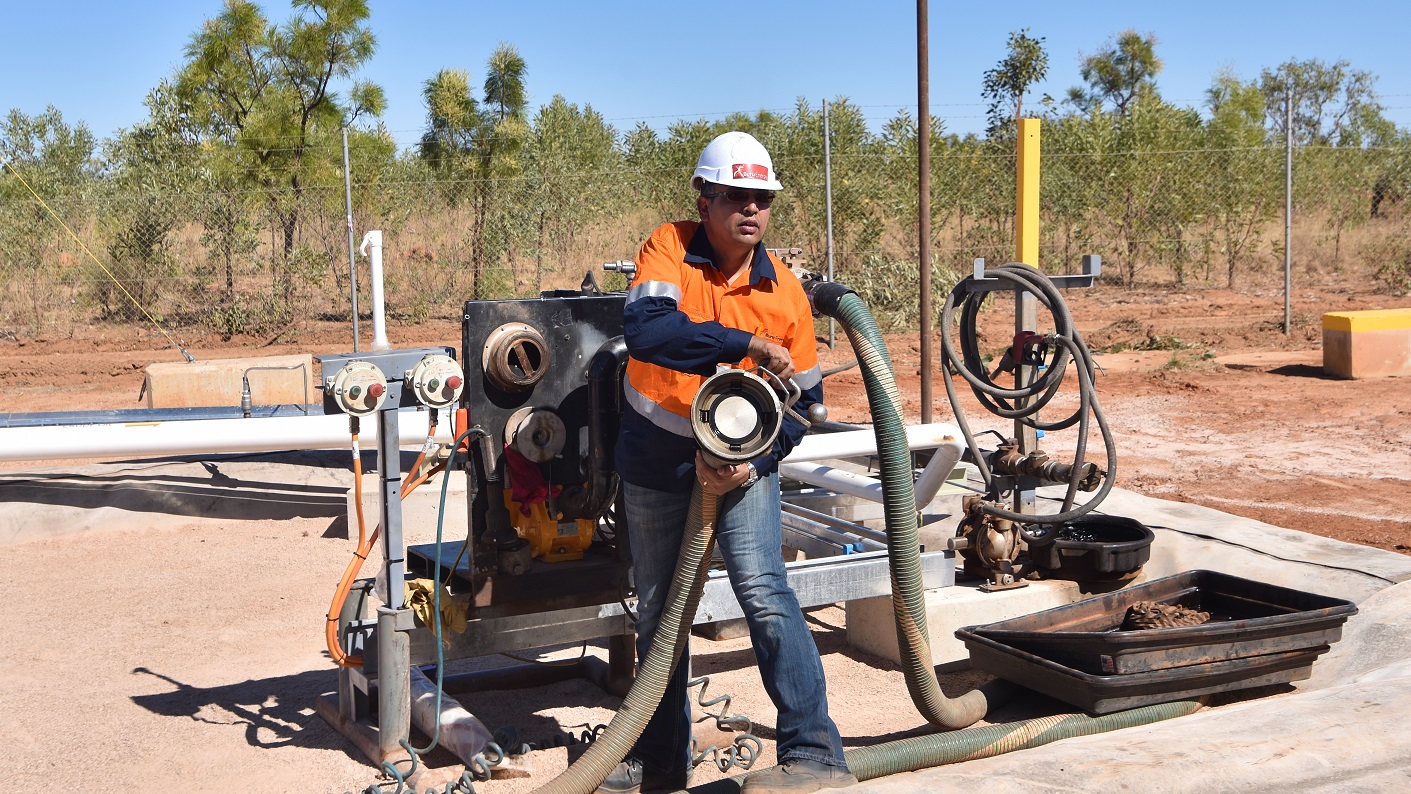17 Apr 2020

The Western Australian Environmental Protection Authority’s Environmental Factor Guideline – Greenhouse Gas Emissions reflects a more pragmatic and workable approach to emissions management than those previously proposed.
APPEA Chief Executive Andrew McConville said implementation of the guideline by the EPA when assessing new or expanded projects will be key to acknowledging the importance of national and international emissions reduction policies over ad-hoc regional measures.
“Duplicative and inconsistent requirements should not be imposed through the actions of a single regulatory agency in a single jurisdiction to a limited number of new and expanded projects,” Mr McConville said.
“The effective and efficient management of greenhouse gas emissions is best achieved through adherence to national climate change policies that reduce greenhouse gas emissions at least cost.
“The oil and gas industry takes the management of greenhouse gas emissions very seriously. We support national climate change policies that reduce greenhouse gas emissions, to meet Australia’s Paris Agreement commitments at least cost and facilitate investment decisions consistent with an international price on carbon.
“While the WA EPA has consulted widely and recognised a number of the major concerns expressed by industry since March 2019, the revised guideline, in our view, still fails to adequately acknowledge the actions underway at a national and a state level, and that direct involvement by the EPA in mitigation policy is duplicative.
“The oil and gas industry has invested billions of dollars in the WA economy in recent years, developing projects to supply cleaner energy to both the WA and our Asian trading partners. While the current environment has altered the timetable for investment decisions, it remains the case that billions of dollars in future investment are under consideration and should not be placed at risk through poorly designed or duplicative requirements or constraints.
“WA projects can play a key role in lowering global emissions and our LNG exports are contributing to a cleaner energy sector in Asia.”
According to updated Australian Government estimates, Australia’s total LNG exports have the potential to reduce global emissions by at least 163 million tonnes per year* – equal to more than 30 per cent of Australia’s total annual emissions.
LNG exports from WA play a substantial role in achieving this outcome.
* See www.minister.industry.gov.au/ministers/taylor/speeches/keynote-address-ceda-future-direction-energy-technologies-event-sydney.
Media Contact

